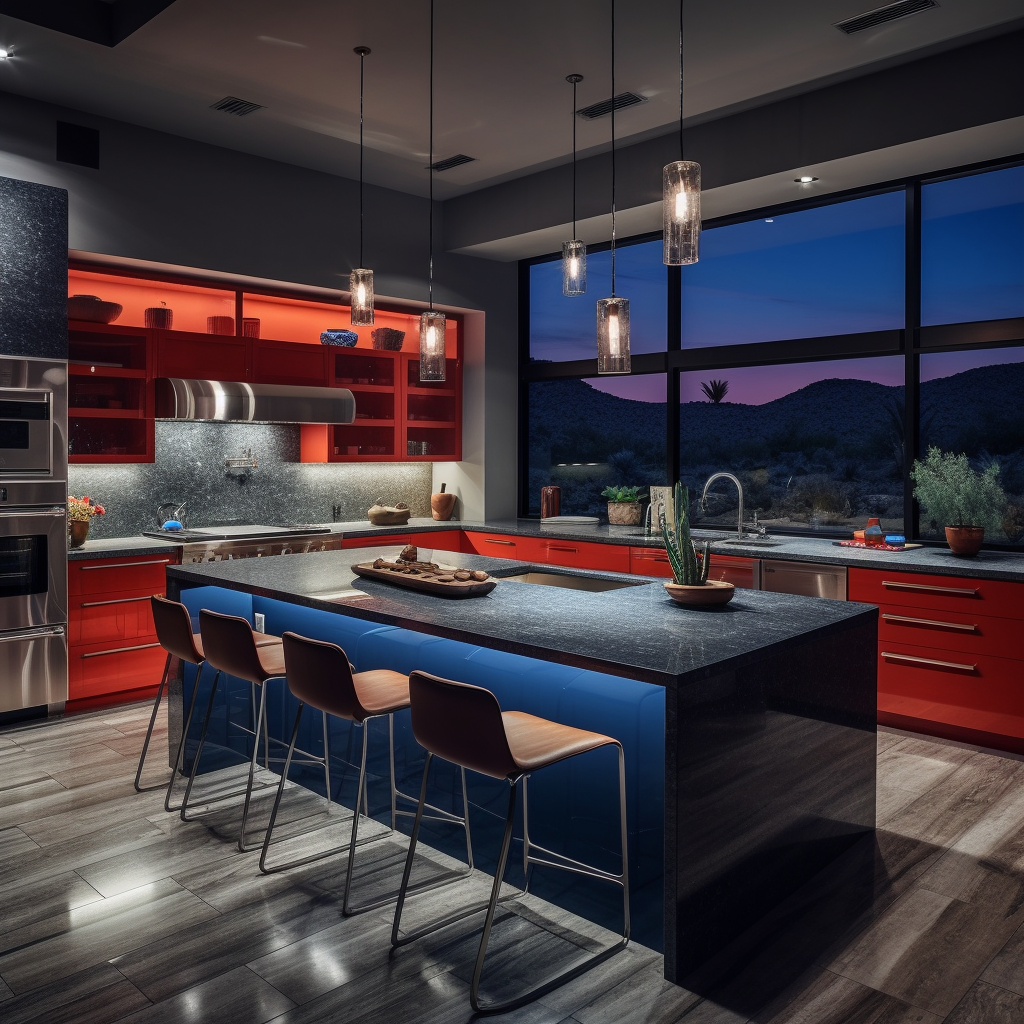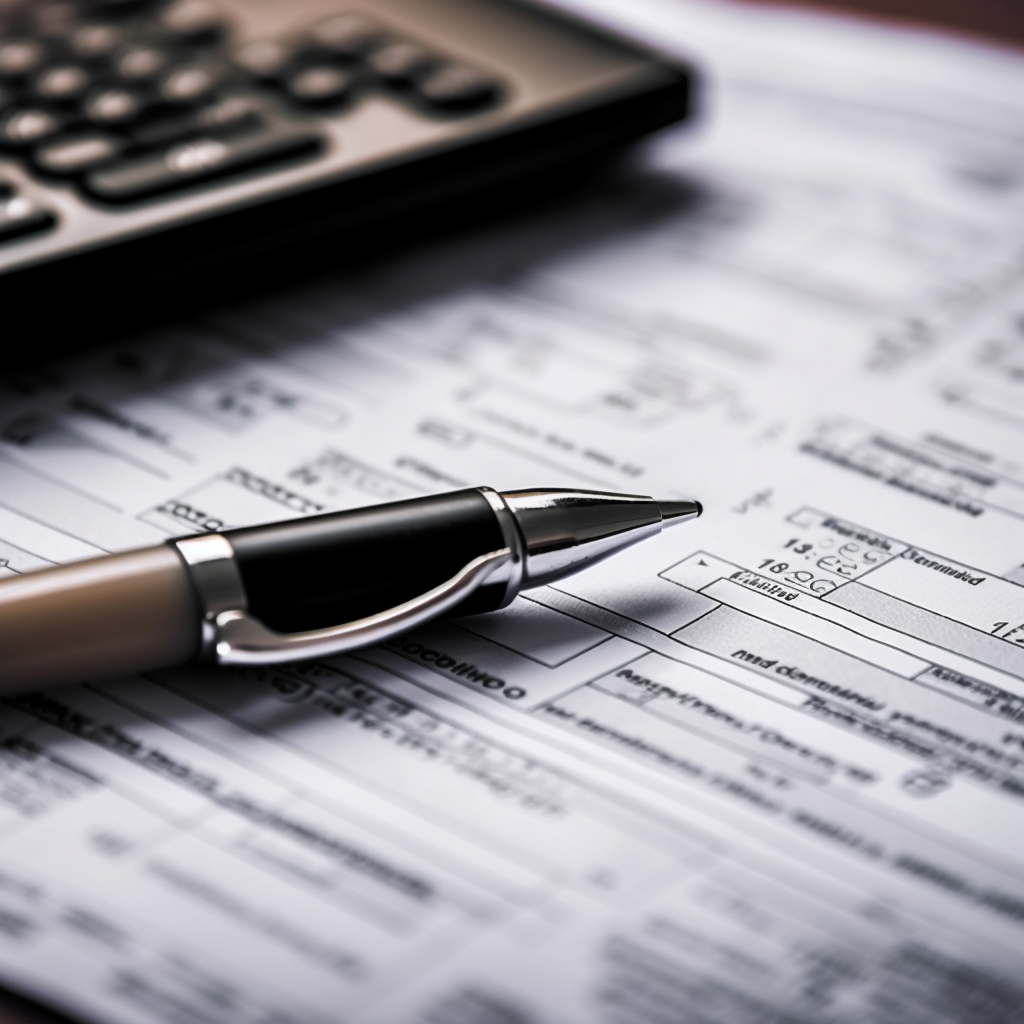 Most potential homebuyers fail to consider the overall costs of buying a home, while they may take into consideration some of the basics like overall purchase price and the down payment needed. However, there are several additional expenses related to buying and owning a home that prospective buyers often overlook and should take into account.
Most potential homebuyers fail to consider the overall costs of buying a home, while they may take into consideration some of the basics like overall purchase price and the down payment needed. However, there are several additional expenses related to buying and owning a home that prospective buyers often overlook and should take into account.
We’ll start by looking at the factors that influence your down payment and strategies for saving towards this upfront cost. Then we’ll move on to discussing closing costs, detailing what they consist of and how you can effectively budget for them.
The blog post also sheds light on moving expenses when purchasing a property, monthly mortgage payments, and property taxes. You’ll gain insight into understanding homeowners insurance policy costs and why private mortgage insurance might be necessary depending on your loan amount.
Lastly, we’ll cover considerations around HOA fees if you’re buying within an association managed community as well as regular utility bills and maintenance expenditure which form part of ongoing costs.
Down Payment for Your House
Buying a house? Prepare for the initial payment – could be as much as 6-7% of the price tag – when you’re buying a house. But hey, don’t panic just yet. The percentage may vary depending on your location and type of loan.
Factors That Influence the Amount of Down Payment
The first factor that will influence your down payment is the type of loan program you go with. Secondly – your credit score, income level, and the property’s value are also factors that influence how much you’ll need to put down.
For instance, if you’re applying for an FHA loan, you might only need 3.5% as a down payment if your credit score is above 580. Whereas you can put as little as 3% down on a conventional loan if you have a credit score above 620.
Saving Strategies for Your Home’s Down Payment
- Create a budget: Track where your money goes each month and identify areas where you can save instead.
- Automate savings: Set up automatic transfers from your checking account to your savings account after every paycheck deposit.
- Cut back on non-essential expenses: Temporarily reduce spending on things like dining out or entertainment to free up funds for saving more quickly.
A larger initial investment in the form of a higher down payment can reduce overall mortgage costs over time by lowering interest rates and monthly repayments, besides possibly eliminating the requirement for private mortgage insurance (PMI).
Understanding Closing Costs

What’s included in closing costs?
Think of closing costs as a mixed bag of expenses. You’ll find appraisal fees, title insurance, attorney’s fees, pre-paid interest or points, and recording charges inside. The Consumer Financial Protection Bureau has a detailed breakdown of these charges.
How to estimate and budget for closing costs
Don’t let closing costs catch you off guard. Get an accurate estimate early on in the home buying process. Your lender will supply a Loan Estimate in three days after you’ve applied for the loan.
Save up for these expenses by setting aside money each month leading up to your purchase or negotiating with the seller to pay part of these expenses – known as seller concessions.
Remember, some aspects of closing costs may be negotiable (like inspection services), but many aren’t (like taxes). Always consult with real estate professionals before making any decisions regarding your potential new home’s financial obligations.
Moving Expenses When Buying a House
Relocating can be costly, no matter if it’s in the same city or a distant one. Many homebuyers tend to forget about moving expenses and are often surprised at how much they actually need to budget for moving.
Common Moving Expenses Breakdown
Moving expenses include hiring professional movers or renting a truck, buying packing materials, and possibly paying for temporary storage. Long-distance moves may also require travel expenses like fuel and lodging. According to a recent study, local moves could cost under $2,500 but may increase based on distance or load size.
Tips for Saving Money During Relocation
- Do-It-Yourself: Enlist friends and family to help pack and transport your belongings instead of hiring professional movers.
- Sell Unwanted Items: Sell items you no longer need before the move to save on transportation costs and earn extra cash.
- Pack Smartly: Use towels and clothes as padding instead of buying expensive packing materials.
Remember, understanding moving costs will help with better financial planning during this exciting time in life, no matter how far away your new home is.
Monthly Mortgage Payments
The amount of your monthly mortgage payment will depend on factors such as property value and interest rates, with the average in the US around $1,672. Don’t let mortgage payments overwhelm you – here are some strategies to help you handle them efficiently.
Determining Your Mortgage Payments
Determine your mortgage payments by factoring in the loan amount, term, and interest rate. You can always use a mortgage calculator to get an estimate of what your monthly payments might be, but your loan officer will be able to give you a more accurate figure.
Managing Your Mortgage Payments
- Budget Wisely: Make sure you understand all the costs associated with homeownership so you can budget accordingly.
- Avoid Adjustable Rate Mortgages: Stick with fixed-rate mortgages for stability and predictability.
- Prioritize High-Interest Debt: Pay off high-interest debt before buying a house to free up more money for your mortgage payments.
And if you need help navigating the home loan process, turn to local professionals like us at Price Mortgage. At Price Mortgage, we’re here to assist you in discovering the loan that’s best suited for your individual circumstances and help provide you with a sense of assurance.
Property Taxes Overview
Prepare for the never-ending expense of property taxes. They’re like that one friend who always shows up uninvited and never leaves. On average, you’ll likely be paying 1.08% of your home’s value annually in property taxes, though the exact amount can vary based on where you reside.
Understanding how property tax is calculated
Your local government determines your property tax. Property tax is determined by a rate set on the assessed value of your residence, which can differ from year to year due to various factors like school district funding or other local expenses. The rate may also be influenced by factors such as school district funding needs or other community expenses. It’s like playing a game where the rules change every year.
Planning ahead for annual property tax bills
Don’t let property taxes catch you off guard like a jump scare in a horror movie. Budget monthly for your anticipated property taxes. You can often do this through an escrow account set up with your mortgage lender who will then pay the tax on your behalf when due.
Use online calculators to estimate potential future payments based on location and home price. It’s like having a crystal ball for your finances.
Stay informed about any changes in local taxation laws or rates. You don’t want to be the last to know when the taxman cometh.
Homeowners and Hazard Insurance Costs
Homeowners insurance is like a superhero that protects your home and personal property against damages due to unforeseen events such as fires or theft. The cost of having this protection is significant, with the national average standing at an annual rate of $1,784.
What Does Homeowners Insurance Cover?
The specifics of what’s covered can vary depending on the policy, but typically it includes damage to both the interior and exterior of your house, loss or damage to your personal belongings, liability for injuries occurred on your property, and even living expenses if you’re forced out of your home temporarily because of a covered disaster.
Shopping Smartly for Homeowners Insurance
- Evaluate Coverage Needs: Don’t be caught off guard, make sure your policy covers all potential risks in your area like flood or earthquake.
- Compare Quotes: Get quotes from multiple insurers before making a decision. We recommend using a local insurance broker who can shop around for you.
- Deductible Amount: Your deductible is the amount you pay out-of-pocket before coverage kicks in. A higher deductible usually means lower premiums but also greater initial costs after an incident occurs.
Remember, maintaining a good credit score could help lower premium rates since many insurers use credit-based scores when determining price. In addition, look into bundling policies with the same insurer (e.g., auto and homeowner’s) as companies often provide discounts for multi-policy holders. Stay protected and stay smart.
Don’t Forget About Mortgage Insurance
Without a 20% down payment, you may need to pay for mortgage insurance which protects lenders in case of default. This extra fee, which can be almost 2% annually, protects lenders in case you can’t make your payments.
Why Do We Need Mortgage Insurance?
Mortgage insurance makes homeownership more accessible for buyers who can’t afford a large down payment. On conventional loans, mortgage insurance is required if your down payment is less than 20% of the home price. On an FHA loan, mortgage insurance is required no matter your down payment or loan to value(LTV).
How Much Will My Premium Be?
Your premium depends on factors like loan amount, loan term, and credit score. The annual premium rate typically varies from 0.55% to 2.25% of the loan amount, so it is important to include this in your budgeting when considering homeownership options. Make sure to factor these costs into your budget when planning for homeownership. Check out Bankrate for more information.
When Can I Stop Paying for Mortgage Insurance?
You can usually stop paying for mortgage insurance once you’ve reached 20% equity.
Consider HOA, Co-op, or Condo Fees Before Buying a Home

Pros and Cons of Living in an HOA Community
Living in an HOA community can have its perks, like maintained common areas and amenities, but it also comes with a price tag – monthly or annual dues that homeowners must pay.
Budgeting for Extra Charges
- Analyze Your Budget: Make sure you can afford the extra fees without breaking the bank.
- Evaluate Fee Increases: Keep in mind that HOA fees tend to increase over time, so plan accordingly.
- Weigh Benefits Against Costs: Consider if the benefits of living in an HOA community are worth the costs for your lifestyle.
Remember to factor in all potential costs, including those related to HOAs, co-ops, or condos, when deciding where to buy and how much house you can afford.
Utilities and Maintenance: The Hidden Costs of Homeownership
Don’t be fooled by the excitement of buying a new home – there are ongoing costs to consider beyond your mortgage payments. Here’s what you need to know:
Regular Utility Bills: Shocking or Expected?
On a monthly basis, you may need to factor in outlays for such utilities as electric power, H2O, gas, web access and refuse removal. According to Move.org, the average monthly cost for these utilities is around $400. Don’t let these bills catch you off guard.
Maintenance: The Price of Homeownership
From minor repairs to major renovations, maintenance is a necessary part of homeownership. Set aside an annual budget of 1% – 4% of your home’s total value to cover maintenance costs, and consider increasing this amount if the house is older or has seen more wear. And if your house is older or has more wear and tear, expect to spend even more. Don’t let unexpected repairs drain your bank account – set up an emergency fund for peace-of-mind.
Why You Need a Home Emergency Fund
Buying a house means being ready for anything, including unexpected expenses. That’s where an emergency fund comes in handy.
Your emergency fund should be at least equal to one year’s home value. It’s a significant sum, but it pays off. This money is your safety net for sudden repairs or renovations.
Imagine your roof starts leaking or your HVAC system breaks down during a heatwave. An emergency fund can cover these costs without breaking the bank. Having an emergency fund can provide a sense of security and assurance.
How to Build Your Emergency Fund
- Calculate the sum you necessitate depending on your residence’s value and state.
- Create a realistic savings plan and stick to it. Even small contributions add up over time.
- Consider opening a separate high-yield savings account specifically for your emergency fund. This keeps your funds accessible yet distinct from your daily spending money.
Owning a home comes with responsibilities and surprises. But with an ample emergency fund, you can handle anything that comes your way. It’s the key to a smooth homeownership journey.
Conclusion – The Real Cost of Homeownership
Buying a house is like adopting a money pit, with expenses like down payments, closing costs, mortgage payments, property taxes, moving costs, insurance fees, HOA fees, utilities, and maintenance costs.
Prepare for these expenses by budgeting and saving, and don’t forget to build up an emergency fund for unexpected home repairs or other emergencies.
Not Sure Where To Start?
That's okay. Let us build a custom loan program around your needs and budget.
Contact Us